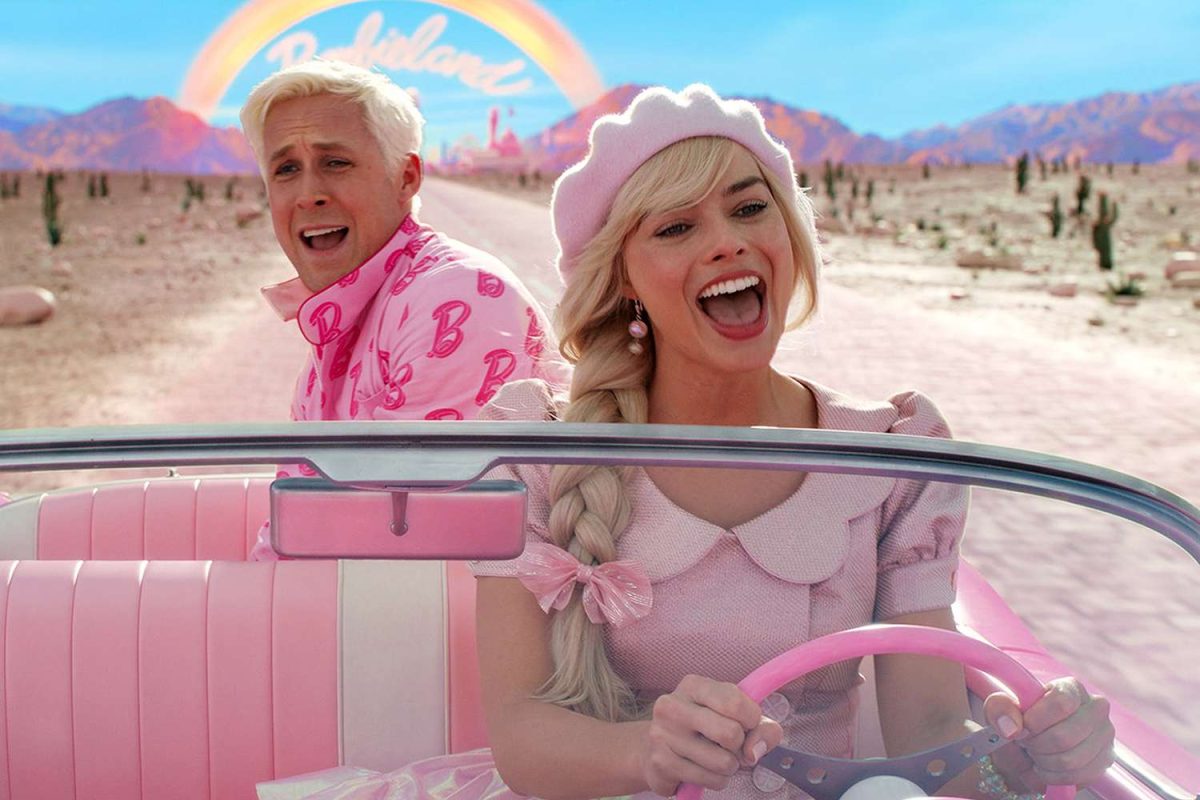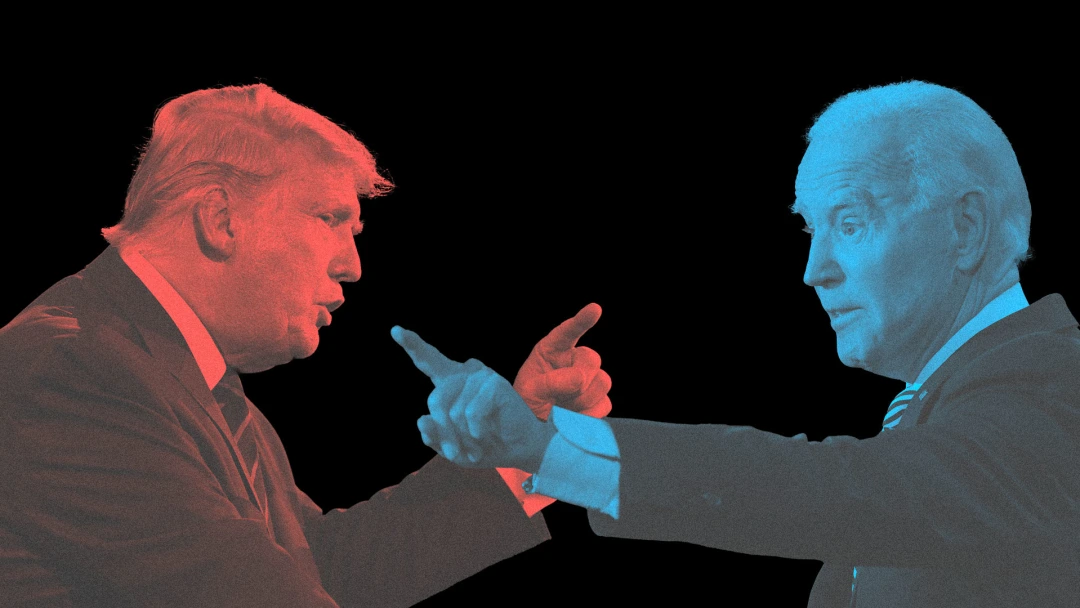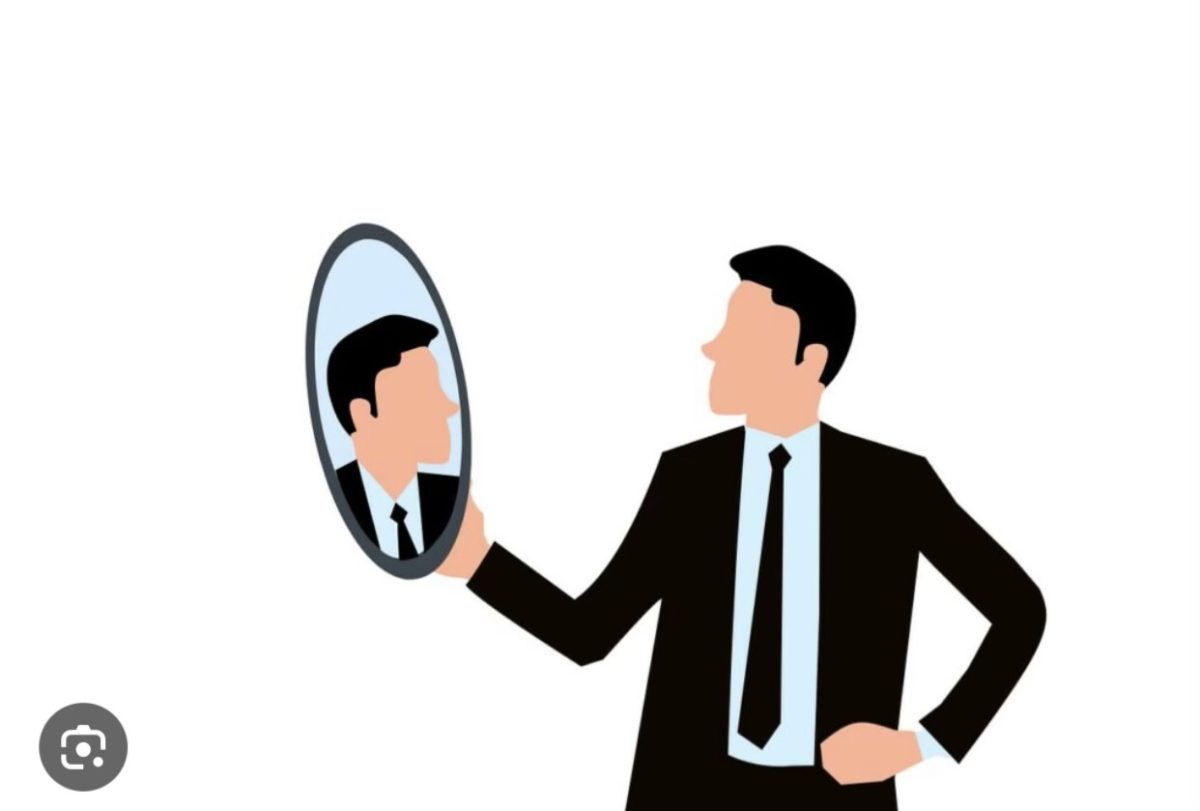Lightheartedly, I bought tickets to “Barbie.” Rounding up my closest female friends, I donned my pink tank top and sat in a cold theater prepared to laugh and escape reality for an hour and 54 minutes.
Instead, I was transported into a fictional Barbie Land featuring an all-female presenting Supreme Court and President. Less than midway through the plot, the other viewers and I were jolted back into the real world when Barbie discovers the executive team for a company representing women excludes women and is made up of only men.
While taken aback by the serious yet satirical nature of the movie, I was also pleasantly surprised. Director Greta Gerwig’s representation of the complexities experienced by a person who identifies with femininity felt uncomfortably real. While sitting next to my sister, best friend, her mom and little sister, tears were shed. I left the movie feeling hopeful. Finally, it feels like society is at a place to take responsibility for the ways in which America’s preference for masculine power structures adversely affects both men’s and women’s lives.
This hope, however, quickly diminished. Leaving the theater, I overheard a woman who sat near me on the phone sharing her thoughts on the movie. She said, “I don’t think I liked it. Honestly, a bunch of weird liberal shit.” Perhaps I was mesmerized by the pink heels and luxury dream houses, but not once during the film did I associate “Barbie” with a political party. Instead, I saw a beautiful commentary on embracing emotion, aging and our true selves no matter what aspects of femininity and masculinity we identify with.
After overhearing the woman in the bathroom, I wondered if I had missed something. A quick Google search revealed that while the film was receiving a majority of high praise, some reviewers shared the sentiments of the women I’d eavesdropped upon. The concerns are best summarized in a segment by Fox News’s Harris Faulkner: “While everything may seem pink and perfect, the film is getting slammed for empowering women, while emasculating men.” Criticism for the film hails primarily from right-wing media such as Ben Shapiro, who called it “one of the most woke movies” and a “flaming heap of garbage.”
The idea that “Barbie” is emasculating men stems from the main male character Ken, portrayed by Ryan Gosling, and his character arc. In Barbie Land, Ken is merely a supporter of Barbie and her ambition with no identity of his own. However, after traveling to the real world, he learns about the power men wield in society and becomes drunk with ideas of patriarchy. He brings this power structure to Barbie Land and removes all of the Barbies’ rights, including voting. Barbie Land quickly devolves into something resembling a fraternity house: beer, bro hugs and battles.
To critics, Ken is an oversimplification and condemnation of masculinity, and to this, I argue they overlook two key points of the movie: the satirical nature of the film and the movie’s main theme of the universal human experience that involves aspects of both masculinity and femininity simultaneously.
Starting with the nature of the film, viewers must remember that “Barbie” is a satirical film. This needs to be emphasized as films in this genre are not intended for literal interpretation. Satire specifically uses hyperboles and exaggeration of ideas and people to illustrate a point. The characters of Ken and Barbie are overblown depictions of traditional gendered characteristics and Gerwig does not just criticize masculine traits. She hits on the ideal feminine archetype in American society and she cleverly names Margot Robbie’s character “Stereotypical Barbie.” Stereotypical Barbie is tall, skinny and conventionally attractive. Both Ryan Gosling and Margot Robbie’s characters inflate idealized views of femininity and masculinity to criticize the realities of the modern world. The point of “Barbie” is that reality can and should not consist of one gender ruling the other. At the movie’s end, Ken and Barbie realize that neither one of them should stand behind the other. Instead, everyone should be able to be who they are, whether they are firefighters or fur-wearing guitar players.
Exaggeration is also used to illustrate these points as Barbie nearly cries when she sees herself gaining a spot of cellulite. Surely, Gerwig’s intention was not to demonize cellulite but to emphasize the dread women feel at something normal for all bodies. Gerwig’s use of satire offers viewers a digestible, humorous and contemplative film.
Next, critics must understand that criticizing a power structure that supports unyielding masculinity is not inherently anti-masculinity. The historical power structure that American men and women live in often promotes traditionally masculine traits and diminishes conventional femininity. This reality is highlighted in “Barbie” as Barbie is harassed and catcalled on the street, an experience female-presenting people are all too familiar with.
There’s a key part of the argument that critics of “Barbie” fail to acknowledge: a world that only chooses to celebrate masculinity, harms men nearly as much as it does women just in different ways.
Consider the lack of resources and the stigma that surrounds men’s mental health. Under existing power structures, men are expected to suffer in silence and be logical versus emotional, a trait commonly associated with femininity.
Let’s take the example of the United States’ largest male employer, The Department of Defense (DoD). As of December 2022, men make up approximately 82.7% of the active-duty force and thus, policies that prohibit the health and wellness of the DoD’s employees prohibit the health and wellness of men specifically. Historically, many extended mental health treatments, such as extensive talk therapy or medication regimens, can disqualify members from joining or staying in the military. While this has made improvements over the past decade, men’s mental health both in the military and in general carries a large culture-based stigma.
According to a military member, who has opted to remain anonymous, the thought of attending talk therapy can be a difficult decision. He said, “If you want to talk about the stigma, it’s the culture. You technically can, however, if you are in a combat unit or just in general, they can pull you out because you’re not ‘fit to fight.’”
Stigmas like this stem from the reality that mental health deals with feelings and emotions, and these dealings have been historically seen as feminine. Femininity has been traditionally degraded and diminished in American society which ultimately harms men almost as much as it does women.
“Barbie” highlights the traditional deprecation and disparaging of femininity when the film’s youngest female character, Sasha, reflects, “Women hate women. And men hate women. It’s the only thing we all agree on.” Is society truly filled with only men hating and women hating women? No. While this is not entirely true, the statement speaks volumes to the struggle men and women feel when life demands we tap into feminine traits such as kindness and empathy in a world that does not celebrate these attributes. For centuries, women have been told they are too emotional to hold positions of power. Out of all the CEOs of Fortune 500 companies, only 10.4% are women. Yet, studies consistently find female leaders bring a dynamic set of qualities to their leadership roles. Possessing certain qualities deemed feminine does not inhibit anyone from embodying the traditionally masculine role of leadership. Statistics hint at the opposite.
Once American society stops pitting masculinity against femininity, we can begin to realize there is power in possessing whatever traits make individuals truly well-rounded. The best businesswoman is better off being assertive and collaborative. The best stay-at-home dad leads the household with kindness and discipline.
So, is “Barbie” anti-masculinity? No. Certainly, the film criticizes a power structure that favors unyielding masculinity but that does not mean it is inherently anti-men. Instead, it is anti-conformity, hitting back on the idea that we are either masculine or feminine and arguing that we are simply individuals made up of assorted traits. Being a leader is not masculine just as being kind is not feminine, it’s simply human.
“Barbie” is a beautiful satire and ought to be viewed and criticized with this genre in mind. If you’re looking for a lovely movie that pushes us to see humanity rather than masculinity and femininity, “Barbie” is a wonderful watch.









SD • Dec 17, 2023 at 10:53 pm
Pure silliness. Greta Gerwig didn’t create feminism. My generation did. It’s nothing new. Gerwig ruined “Little Women” with her looney left spin and sadly, she’s just getting started. What will u tarnish next, Gerwig?
John F. • Sep 8, 2023 at 12:56 pm
Better analysis of the film’s themes than most movie journalism websites. The problem with mainstream movies that actually have something to say is that a large portion of the audience will choose to simplify or look past its themes. Great write-up!
Tarre • Apr 2, 2024 at 3:36 pm
I totally agree.
soph • Aug 9, 2023 at 9:13 pm
it just says girl power, topic over
Sar Long • Aug 1, 2023 at 6:57 pm
“Instead, it is anti-conformity, hitting back on the idea that we are either masculine or feminine and arguing that we are simply individuals made up of assorted traits.” Except it didn’t do that. It ended by restricting the Kens from their desires to advance in their world. If the goal is equality, it missed it. If the goal is to have the same problems of the patriarchy in reverse, achieved. I’d posit that a better goal would have been to learn that putting anyone under any ceiling due to their gender is wrong.